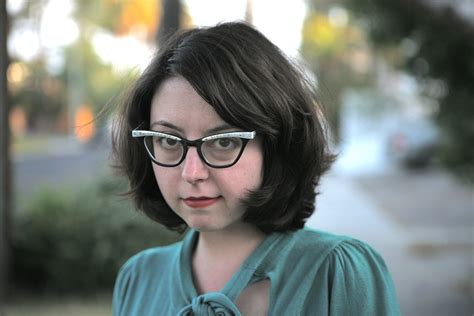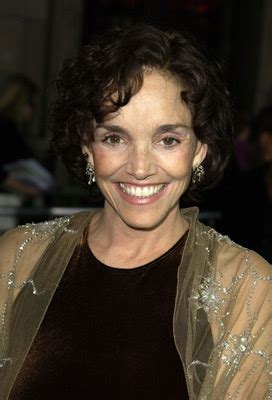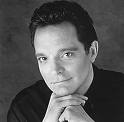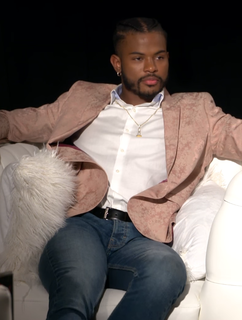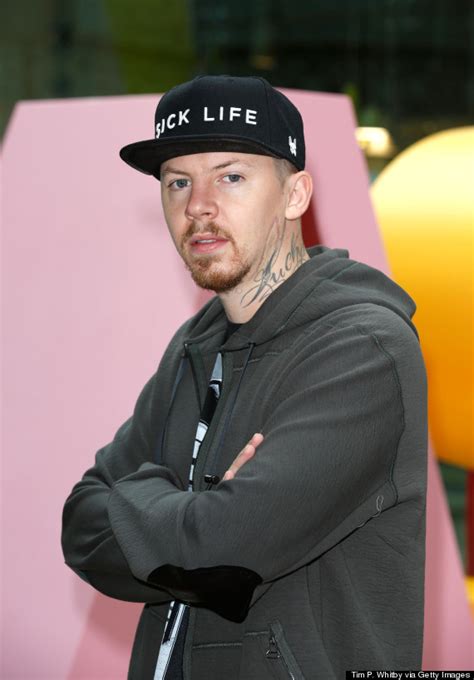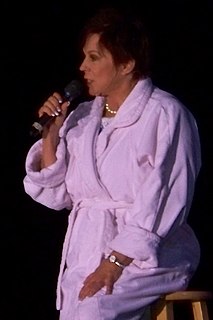A Quote by Karina Longworth
You read these stories of people who were in Hollywood in the late '60s. After they found out about the murders, everybody was like, "Have you met [Charles] Manson? Have you been to that ranch?" In some way, everybody felt connected, but what was it like for people who really were connected.
Related Quotes
I wish the whole day were like breakfast, when people are still connected to their dreams, focused inward, and not yet ready to engage with the world around them. I realized this is how I am all day; for me, unlike other people, there doesn't come a moment after a cup of coffee or a shower or whatever when I suddenly feel alive and awake and connected to the world. If it were always breakfast, I would be fine.
After 'Jessica Jones' came out, I started hearing firsthand from a lot of women who were so inspired by the character, who felt represented, who felt like watching Jessica on screen helped them in their own lives. Women are devouring content like that because everybody is complicated; not everybody is one thing.
The things I connected with Zurich about were that he is a selfless person; he wants the best for everybody. He wants to see everybody win. And he's a strong person. A lot of the time, he doesn't wear his emotions on his sleeve because he wants to stay strong for his line brothers, his family, his mom, everybody. I feel like I can relate to that.
And I found Jesus very disturbing, very straightforward. He wasn't diplomatic, and yet I felt like if I met Him, He would really like me. Don, I can't explain how freeing that was, to realize that if I met Jesus, He would like me. I never felt like that about some of the Christians on the radio. I always thought if I met those people they would yell at me. But it wasn't like that with Jesus.
Everybody's gone through high school; everybody understands that dynamic. Some people have a great time, and some people don't have a great time. My high school experience was not the greatest. I wasn't necessarily bullied, but I was one of those guys that just goes along, and I didn't really feel connected to many of the social cliques.
[Some of the people I'd met] were wonderful people as human beings, and some people were more difficult. I could not see a correlation between their particular genius in playing chess and music and mathematics, etc. ... with human qualities. Some were really good, wonderful people, and some were difficult characters, but there was no clear correlation. But when I met some spiritual masters, [I thought that] there had to be a correlation, and it turned out to be true.
